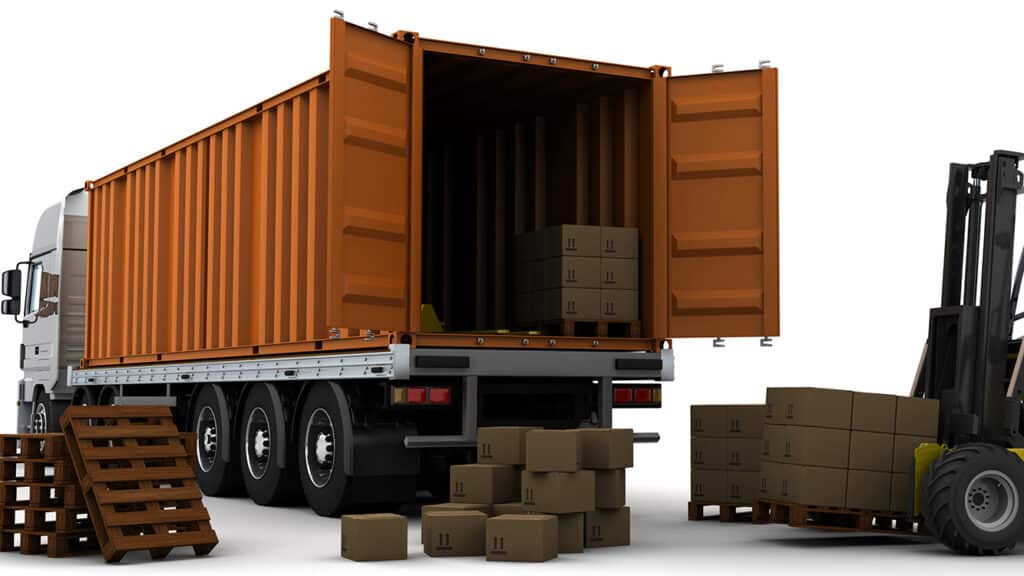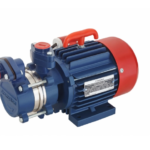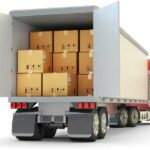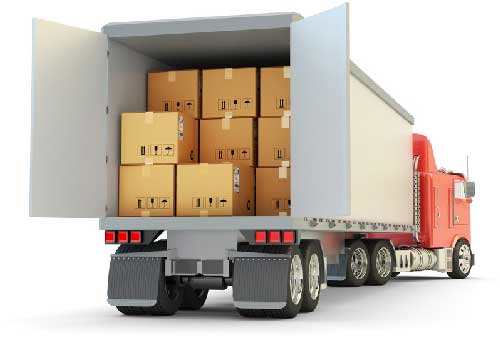Indonesia, a nation of more than 17,000 islands, faces unique logistical challenges that make cargo expeditions an essential part of its infrastructure. With its vast geography and diverse economy, ensuring the seamless transportation of goods across land, sea, and air is crucial. The country’s booming industries, ranging from agriculture to manufacturing, rely heavily on cargo services to link producers and consumers, both domestically and internationally. As the global economy becomes more interconnected, Indonesia’s cargo expedition sector plays a pivotal role in sustaining trade and driving economic growth. By connecting remote regions and supporting industries, the cargo network forms the backbone of the nation’s commerce.
The geographical layout of Indonesia creates inherent complexities in its logistics network. While major islands like Java and Sumatra dominate as industrial and economic hubs, smaller islands such as Papua and Nusa Tenggara often struggle with access to reliable cargo services. This disparity highlights the importance of tailored logistics solutions. Companies operating in the cargo sector utilize multi-modal transportation systems, combining land, sea, and air freight to reach even the most remote destinations. Technological advancements, such as GPS tracking and route optimization software, have further enhanced efficiency, allowing for faster delivery times and better service reliability despite geographical challenges.

Sea freight remains a cornerstone of ekspedisi cargo muat services due to its extensive maritime boundaries. With key ports like Tanjung Priok in Jakarta and Tanjung Perak in Surabaya serving as vital hubs, the movement of goods via sea is integral to both domestic and international trade. Government-led initiatives like the “Sea Toll” program aim to bridge the gap between islands, making transportation more affordable and accessible. These efforts have significantly reduced logistics costs for businesses, especially in regions that were previously underserved. However, issues like port congestion and inconsistent regulations still pose challenges, emphasizing the need for continued investment and modernization in port infrastructure.
Air freight has emerged as a critical solution for time-sensitive shipments, particularly in Indonesia’s e-commerce-driven economy. The rapid growth of online marketplaces such as Tokopedia, Shopee, and Bukalapak has created an unprecedented demand for swift and reliable cargo services. Airports like Soekarno-Hatta and Sultan Hasanuddin have become key nodes for air cargo, enabling faster movement of goods across the archipelago. Air freight is particularly valuable for perishable goods, electronics, and high-value items where time is of the essence. While more expensive than sea or land transport, the speed and reliability of air freight ensure that it remains an indispensable option for businesses needing rapid delivery.
The rise of e-commerce in Indonesia has revolutionized the logistics landscape, driving innovation in cargo expedition services. As consumers increasingly turn to online platforms for their purchases, the volume of goods requiring transportation has soared. Last-mile delivery has become a focal point for logistics companies, ensuring that packages reach customers in a timely and efficient manner. Innovations such as automated warehouses, app-based delivery tracking, and even drone technology are reshaping how goods are transported. These advancements not only enhance customer satisfaction but also position Indonesia as a competitive player in the global logistics market.
In conclusion, cargo expedition in Indonesia is more than a logistical necessity; it is a vital component of the nation’s economic fabric. From connecting remote islands to facilitating international trade, the industry underpins the country’s progress and prosperity. With continued investments in technology, infrastructure, and sustainable practices, the cargo sector is poised to overcome its challenges and further enhance its efficiency. As Indonesia continues to grow as a regional and global trade hub, its cargo expedition services will remain instrumental in ensuring that goods, services, and opportunities flow seamlessly across its vast and diverse archipelago.


















